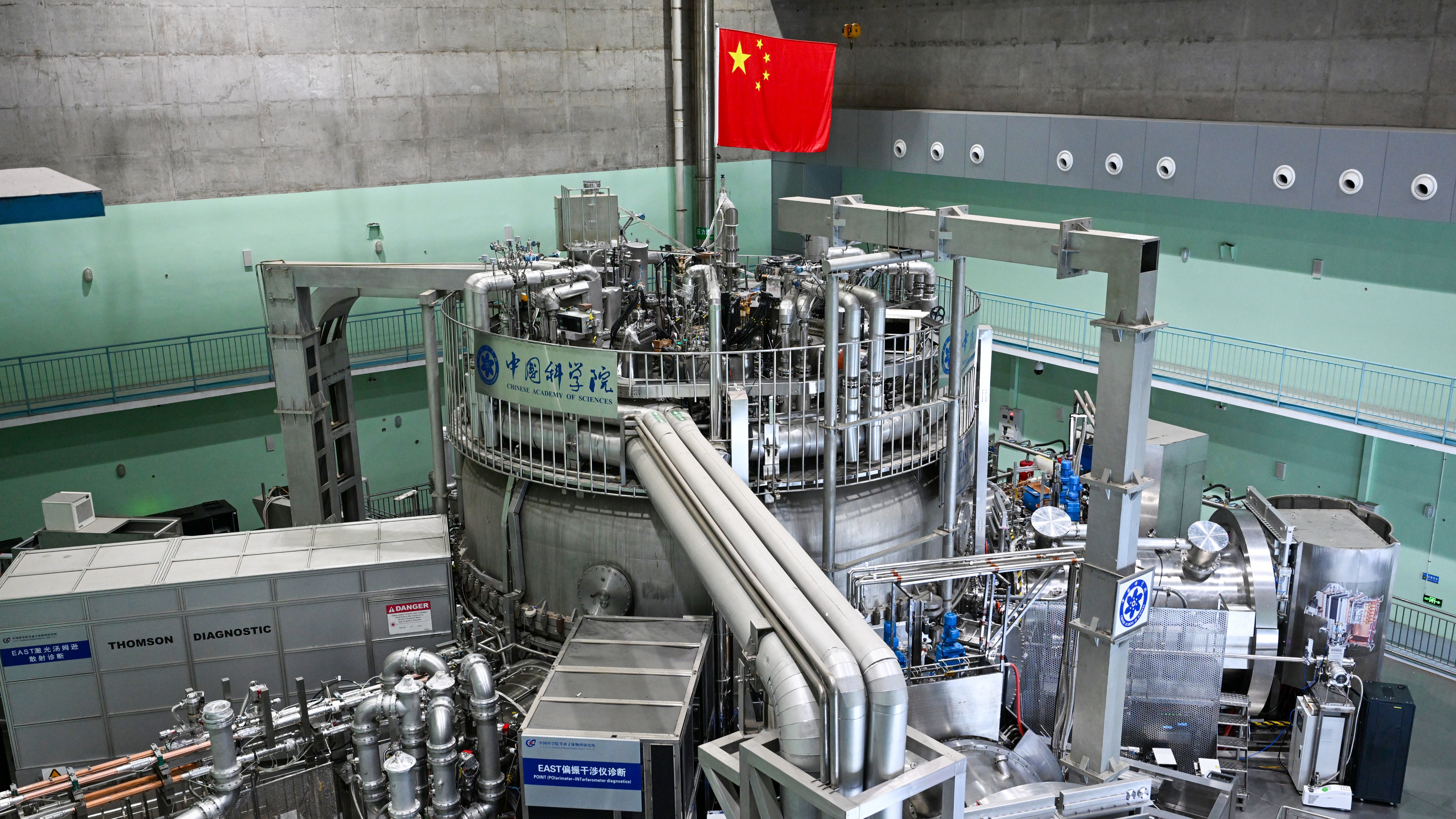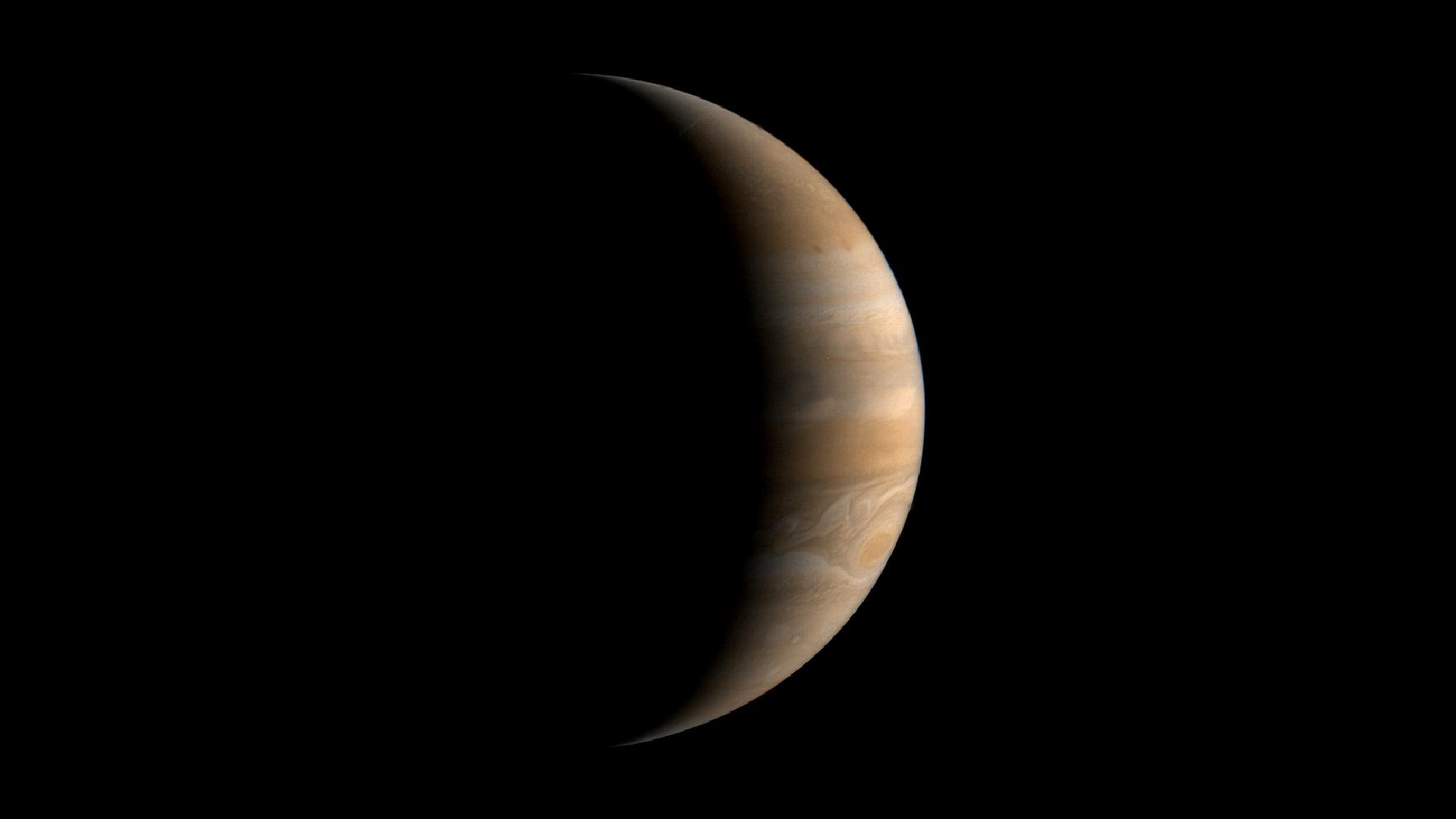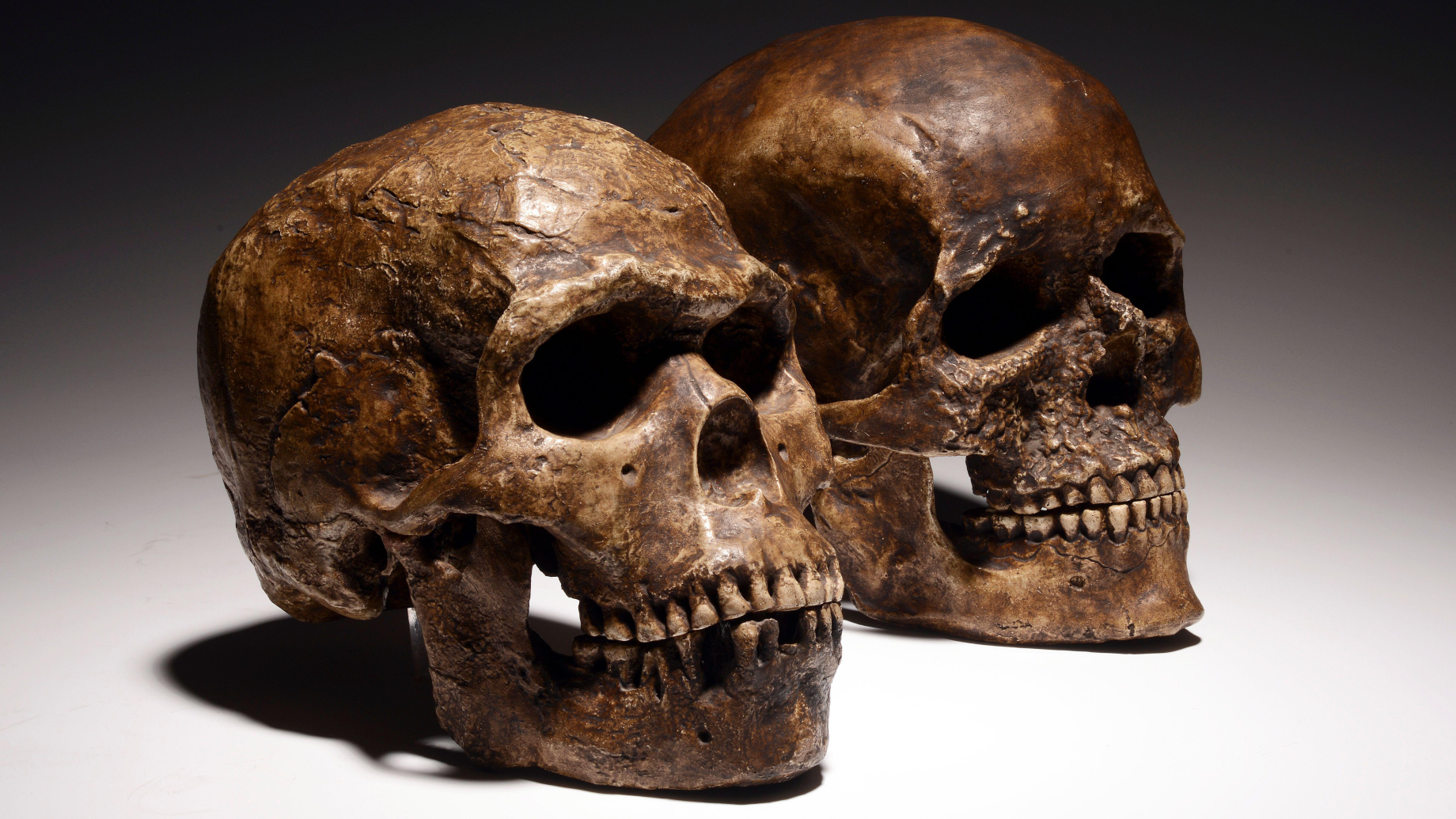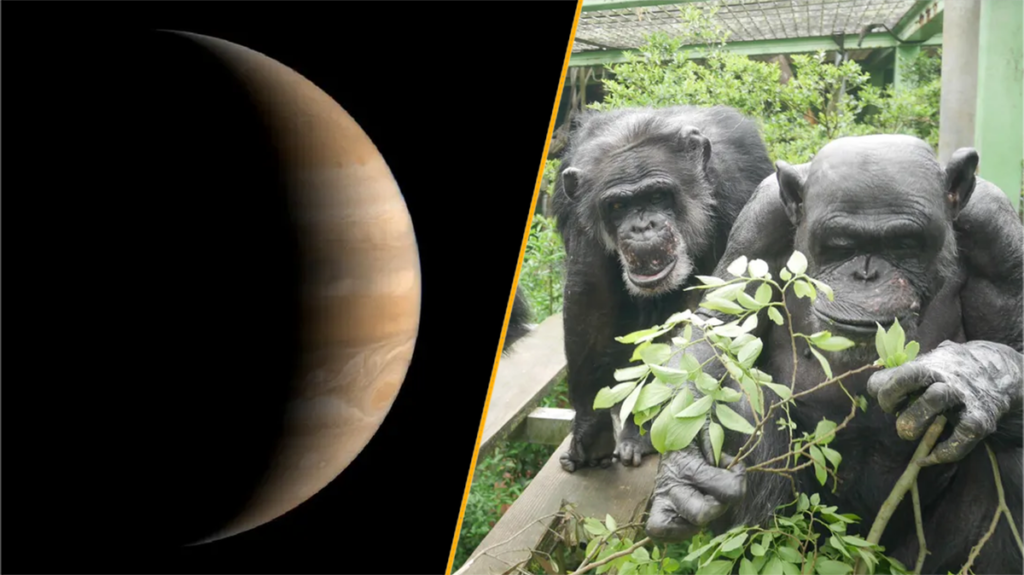If someone says they need to use the bathroom, does it make you want to go too? “Contagious peeing” is a known phenomenon in humans, but new research shows that it happens in chimpanzees too, suggesting a deep evolutionary origin for this social behavior.
And that’s not the only wacky wildlife story in this week’s science news. Researchers have uncovered the breeding secrets of the world’s smallest penguins, revealing that “divorce” is rampant among these small sea birds.
Meanwhile, a rare venom-spraying scorpion species has been discovered in South America, and one of Australia’s biggest and deadliest spiders turned out to actually be three separate species.
But if you thought that was extreme, scientists in China have broken a new fusion record after their “artificial sun” maintained temperatures six times hotter than the center of our star for a staggering length of time.
China’s ‘artificial sun’

Nuclear fusion is the process that powers our sun — and if we could efficiently recreate it on Earth, it would offer a near-limitless supply of clean energy. For this reaction to take place, you need a lot of energy and very high temperatures.
At these extreme temperatures, hydrogen gas enters a fourth state of matter known as plasma, in which the atoms’ electrons are ripped away from their nucleus and exist in a soup of positively and negatively charged ions. However, this plasma is notoriously hard to maintain.
Now, scientists at the Experimental Advanced Superconducting Tokamak (EAST) fusion reactor in China — often described as China’s “artificial sun” — have successfully maintained this plasma for 1,066 seconds, more than doubling their previous world record set in 2023. But we still have work to do before commercial fusion energy is available on Earth.
Discover more technology news
—Scientists discover new, 3rd form of magnetism that may be the ‘missing link’ in the quest for superconductivity
—World’s fastest supercomputer ‘El Capitan’ goes online — it will be used to secure the US nuclear stockpile and in other classified research
—Something invisible and ‘fuzzy’ may lurk at the Milky Way’s center, new research suggests
Life’s Little Mysteries

Organ donation saves thousands of lives every year. But despite donor numbers being at an all time high, demand for organ transplant consistently outstrips supply.
In 2023, more than 46,000 organ transplants were performed in the U.S. alone — but could any of these organs be recycled again if their owner was done with them and they were needed by someone else?
Interstellar visitors

An interstellar object eight times the mass of Jupiter may have permanently altered our cosmic neighborhood by warping the orbits of the four outer planets.
For decades, astronomers have debated how our solar system’s planets formed, and why the four outer planets — Jupiter, Saturn, Uranus and Neptune — have subtle idiosyncrasies in their orbits compared with those closest to the sun.
But using computer models, scientists have found that an interstellar visitor may have passed through our solar system roughly 4 billion years ago and tweaked the paths of these outer planets.
Discover more space news
—Astronomers find hundreds of ‘hidden’ black holes — and there may be billions or even trillions more
—1st supernovas may have flooded the early universe with water — making life possible just 100 million years after the Big Bang
—Potentially deadly ‘chirping waves’ detected in baffling location near Earth, and scientists are stumped
Also in science news this week
—’Contagious’ peeing may have deep evolutionary roots, chimp study suggests
—Ozempic-style drugs tied to more than 60 health benefits and risks in biggest study-of-its-kind
—Archaeologists discover rare liquid gypsum burial of ‘high-status individual’ from Roman Britain
—Giant reserves of ‘gold’ hydrogen may be lurking beneath at least 30 US states, 1st-of-its-kind map reveals
Science Spotlight

When our species first journeyed out of Africa, our red blood cells underwent a rapid evolution to help us survive. But this could have also led to the downfall of Neanderthals.
We often talk about our blood type — the combination of molecular flags on the surface of our red blood cells that let our immune systems know that these cells belong to us. When you get a blood transfusion, it’s important that the donor’s blood is compatible with your own blood type — otherwise your immune system will flag the cells as foreign and attack them.
The same thing can happen if a mother’s blood type is not compatible with her child’s — which can be fatal. Population geneticists believe that inbreeding between humans and the Neanderthals may have resulted in incompatible blood types between mothers and their children, causing many newborns to die.
Something for the weekend
If you’re looking for something a little longer to read over the weekend, here are some of the best long reads, book excerpts and interviews published this week.
—7 ancient megaliths around the world that rival Stonehenge
—Diagnostic dilemma: A man huffed computer cleaner for years. Then his hands started growing.
—AI can now replicate itself — a milestone that has experts terrified
And something for the skywatchers:
—Auroras predicted over US this weekend as solar storm rips toward Earth
Science in pictures

Over 10 years, the Hubble Space Telescope has been collecting snapshots of the Andromeda Galaxy. Now, more than 600 of these images have been assembled into a stunning mosaic of hundreds of millions of stars, showing our cosmic neighbor in spectacular clarity.
Want more science news? Follow our Live Science WhatsApp Channel for the latest discoveries as they happen. It’s the best way to get our expert reporting on the go, but if you don’t use WhatsApp we’re also on Facebook, X (formerly Twitter), Flipboard, Instagram, TikTok, Bluesky and LinkedIn.
